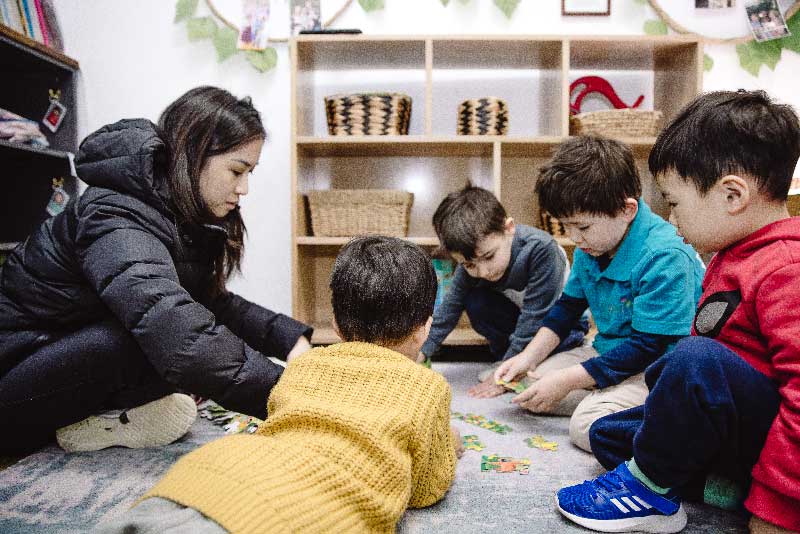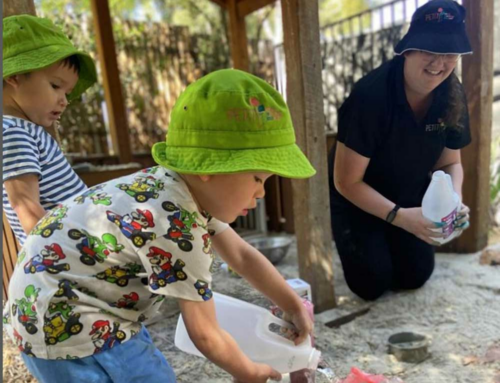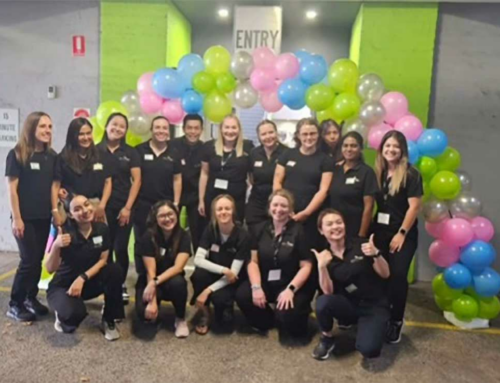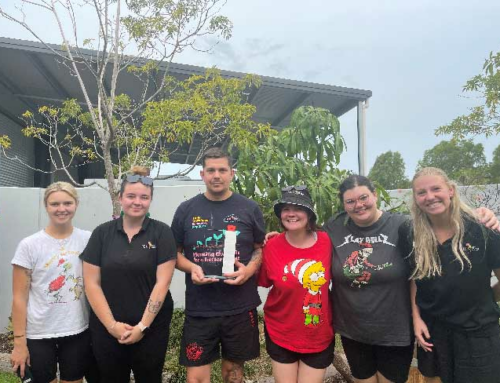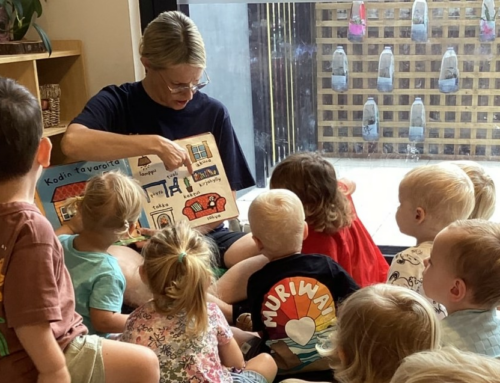The National Quality Standard (NQS) forms part of the National Quality Framework (NQF) introduced in 2012 to improve early childhood education and care across Australia. Petit Early Learning Journey centres are evaluated against this standard by their state regulatory authority.
The NQS provides a national standard for seven quality areas that are important outcomes for children. We receive a rating against these areas and an overall rating based on these results. All our teams work collaboratively to improve and exceed the benchmark for the seven quality areas.
As educators, we partner with families to provide the best care for their children. This partnership includes daily communication on the things that matter most to them. We also invite families to participate in an annual survey where they have a say on what we are doing well and where we can improve.
The information we collect guides us on the goals and focuses for Petit ELJ as a company and each centre for the coming year. In 2023, family participation in this survey rose by 21%.
Rather than let notifications for Assessment and Ratings (A&R) drive our quest to exceed the standards in the seven quality areas, Petit ELJ is committed to continuous quality improvement. Our teams use their Quality Improvement Plan (QIP) to reflect and collaborate on improving focus areas throughout the year.
In this article, we discuss:
- What is the meaning of the National Quality Standard?
- What is the difference between NQS and NQF?
- What are the seven quality areas of the NQS?
- Why is the NQS important in early learning?
- How do educators unpack the NQS at Petit ELJ?

What is the meaning of the National Quality Standard?
The National Quality Standard is an aspect of the National Quality Framework. The NQF contains:
- The National Law and Regulations.
- National Quality Standard.
- National learning frameworks.
- Assessment and quality ratings process.
The National Quality Standard provides guidelines for quality practices beyond the minimum requirements.
What is the difference between NQS and NQF?
The NQS is a sub-section of the NQF.
The National Law and Regulations provide guidelines for minimum standards, while the Learning Frameworks and National Quality Standards expand on quality practices beyond the minimum requirements.
What are the 7 quality areas of the NQS?
- Educational program and practice
- Children’s health and safety
- Physical environment
- Staffing arrangements
- Relationships with children
- Collaborative partnerships with families and communities
- Governance and leadership
Each quality area has two standards except Quality Area 1, which has three, making up 15 standards.

Why is the NQS important in early learning?
The NQS provides a benchmark for high-quality early education and care. It encourages services to go beyond the minimum requirement and exceed it. Services are evaluated against the seven quality areas, and quality education and care must be provided in all areas to be rated as Meeting the NQS.
1. The NQS establishes a high benchmark for standards.
The NQS was created based on research showing the benefits of high-quality education and care for children. It discovered that early exposure to quality early learning greatly impacts health, education and employment outcomes. The standards support key quality areas with important outcomes for children.
2. It promotes continuous improvement.
An essential aspect of the NQS is to encourage ongoing improvement. A Quality Improvement Plan (QIP) helps services self-assess how they are doing at providing quality education and care and plan future improvements. The QIP also allows authorities to assess service quality.
3. Reflection is a significant tool for continuous improvement.
Reflective practice involves learning from everyday situations and the problems educators face. It’s about critically examining what happened and why. Critical reflection develops a learning culture driving continuous improvement and focuses on quality outcomes for children and their families.
4. Parent and community collaboration
The NQS recognises the benefits of building partnerships with families and that children are more likely to reach their full potential when educators and families collaborate.
Partnerships, including those within the community, require effective communication, consultation, and collaboration to benefit children.
5. It encourages the development of a learning community.
The NQS places a strong emphasis on professional development through the use of personalised learning plans, performance evaluations, and clear roles and responsibilities.
These elements play a significant role in fostering a cohesive team where members value and encourage each other in their professional endeavours to benefit children and families.

How do educators unpack the NQS at Petit ELJ?
Petit ELJ’s learning community focuses on unpacking the NQS on many levels. Centre leadership teams mentor, collaborate and reflect with educators through regular discussions and team meetings.
Our Education and Practice Advisors lead our national network meetings, connecting regularly with our centres’ educational leaders and early childhood teachers. These meetings bring together our leaders across centres and states to reflect, share information, and examine the NQS and other elements of the NQF.
Our advisors send the centre leadership teams weekly communications to share and connect carefully selected information with helpful reminders to support their mentorship of other educators, practices and the delivery of programs.
We use critical reflection to focus on topics covering practice, program, environment and leadership relevant to our centre programs and QIPs.
At Petit ELJ, we nurture a supportive leadership and learning community underpinned by a robust culture of reflection, collaboration and support.

Become part of a thriving learning community at Petit Early Learning Journey
At Petit ELJ, we are a highly personalised service provider. Our exceptional educators are celebrated by name, and our children are at the center of everything we do. There is a genuine and respectful culture led by a friendly and supportive leadership with a cohesive team.
We have built an inclusive and supportive service where educators enjoy collaborating on ideas and encouraging each other to unpack the NQF together.
